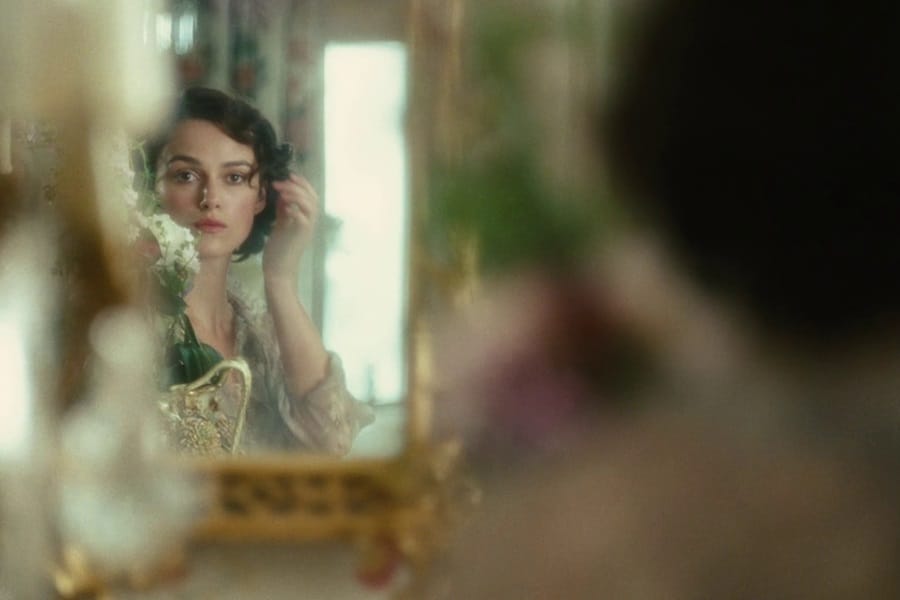
Literary Suspense
Literary suspense, a nuanced subgenre within the broader suspense fiction landscape, sets itself apart through its rich narrative depth, stylistic sophistication, and an introspective focus on character and theme. Unlike traditional suspense novels that hinge primarily on fast-paced plots, literary suspense intricately entwines suspense with emotional depth and psychological complexity.
The Secret History by Donna Tartt serves as a prime example of this genre. Tartt elevates the suspense through her eloquent prose, intricately developed characters, and an underlying exploration of existential themes. The book’s suspense is skillfully woven into the moral complexities and psychological unraveling of its characters, making the story as contemplative as it is thrilling.
Marisha Pessl’s Night Film blurs the line between reality and illusion, creating an atmosphere ripe with tension. The novel’s unique narrative approach, combining traditional prose with multimedia elements, intensifies the suspense while delving into themes of obsession, the nature of truth, and the occult.
In literary suspense, the pacing is often deliberately slower, giving room for an in-depth exploration of characters and settings. The Girl on the Train by Paula Hawkins exemplifies this, where the suspense is intricately tied to the unreliable perspectives of the characters. The tension arises as much from the intricacies of their personal lives and perceptions as from the central mystery.
Ian McEwan’s Atonement is another stellar example, intertwining suspense with themes of love, guilt, and the repercussions of fiction. The narrative unfolds gradually, drawing the reader into the complex emotional landscapes of the characters, with the suspense emerging from the ramifications of a single, life-altering misjudgment.
Setting plays a pivotal role in literary suspense. In Carlos Ruiz Zafón’s The Shadow of the Wind, the post-war Barcelona backdrop is not just a setting but a character in itself, enhancing the novel’s mysterious and foreboding atmosphere.
Furthermore, the use of language in literary suspense is a distinctive feature. Tana French, in her Dublin Murder Squad series, employs rich, evocative prose that elevates the narrative, making the investigation into crimes almost secondary to the profound exploration of her characters’ inner worlds.
Literary suspense often shies away from neat conclusions, opting for endings that linger in the reader’s mind, prompting further contemplation. E. Lockhart’s We Were Liars builds its suspense on a foundation of family secrets and deceptive narratives, culminating in a twist that recontextualizes the entire story.
This genre appeals to those who seek more than just a suspenseful plot; it offers a journey into the depths of human psyche and condition, wrapped in a narrative that both entertains and provokes profound thought. Literary suspense is not just about the thrill of the chase but also about the exploration of the complex tapestry of human emotions and moral dilemmas.
Similar Features
Suspense Weapons
Unconventional Weapons in Suspense Fiction
On The Run Thrillers
A Sprint Through Mystery’s Finest
A Dance with Shadows
The Timeless Allure of Literary Horror



